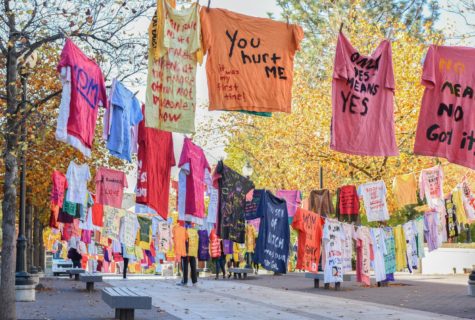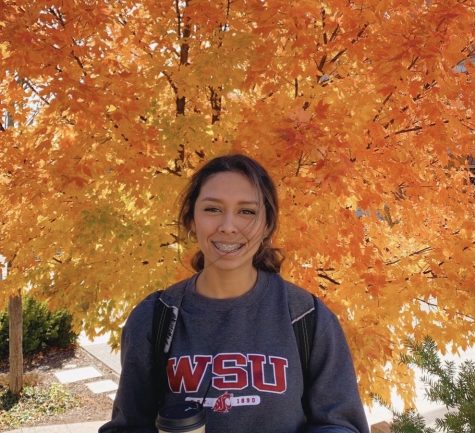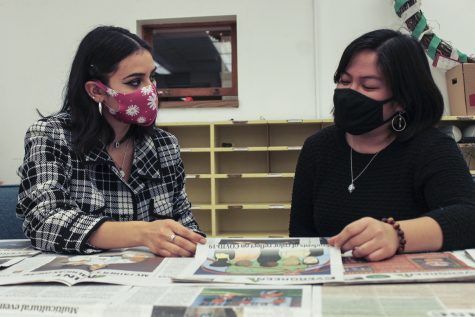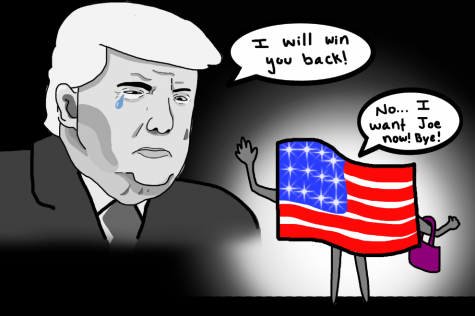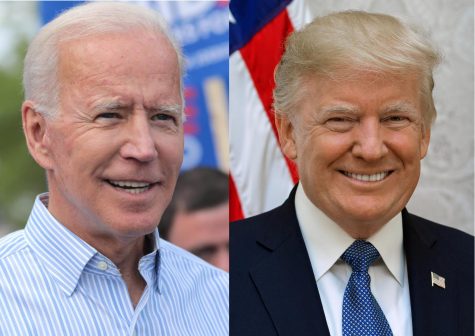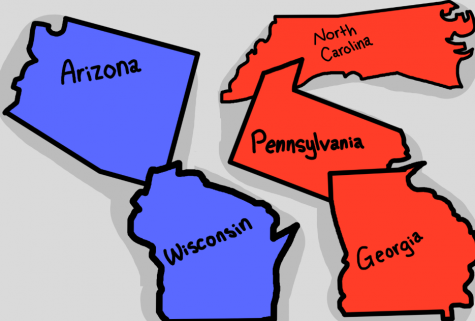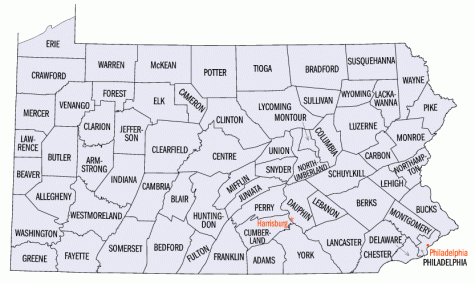The Daily Evergreen’s State of the University Address
Kirk Schulz missed opportunity to address key controversies affecting WSU, students
March 29, 2018
After an hour and a half of talking and answering questions at his State of the University address Tuesday, WSU President Kirk Schulz said surprisingly little. While it would be unfair to expect him to lay out every detail of his plans to address WSU’s financial crisis or ongoing struggles with student activists, at least a few would be nice.
Instead, Schulz used the time to offer vague information about apples and wine.
This is not to say Schulz can’t take pride in some of the projects WSU has accomplished in the past year. The U.S. Department of Agriculture awarded WSU more funding than any other university. First-generation students in the First Scholars program have a 94 percent retention rate. And, honestly, the Cosmic Crisp apple is pretty good.
What this State of the University address lacked, however, was any concrete plans to overcome the problems WSU faces. While Schulz boasted about diversifying the administration, that representation does little for marginalized students if it does not translate into action.
Schulz failed to mention key issues that distress many students. So here is a more accurate State of the University:
WSU is in just the first year of spending reductions, and 2.5 percent cuts to every department are already hurting the university’s ability to provide fundamental resources and educational opportunities for students.
WSU is still under investigation for alleged Title IX violations in how it has handled incidents of sexual assault.
The administration has yet to address white supremacy on campus, from last year’s Trump wall to the “It’s OK to be white” posters that continue to pop up.
WSU is being sued for allegedly breaching a contract over that Cosmic Crisp apple (less tasty now).
A hard drive containing the information of more than 1 million Washington residents was stolen in April, which added another lawsuit to the rolling tally.
Demands made by underrepresented students over the course of the school year continue to stall, culminating in yet another sit-in protest just hours before Schulz’s speech.
These problems deserve just as much attention as new wine facilities and new degree programs across WSU campuses.
The only issue Schulz spoke of without being prompted by an audience question was the ongoing negotiations with underrepresented students. He gave the same bureaucratic response that he has been giving this entire year: These things take time.
We understand that. You cannot dismantle oppression overnight. But after a year, we should expect at least some progress. Given that past generations of student activists have made similar demands, the lack of response is even more disheartening.
If you were to listen to Schulz’s speech and take him at his word, it would appear that WSU is strong and facing an optimistic future. Surely, there are things to appreciate about WSU, but to focus only on them is simply misleading.
Problems do not go away when you ignore them, and we expect Schulz and the rest of the administration to take initiative and handle the issues WSU faces. They should get out in front of them and make the changes students need them to make.









